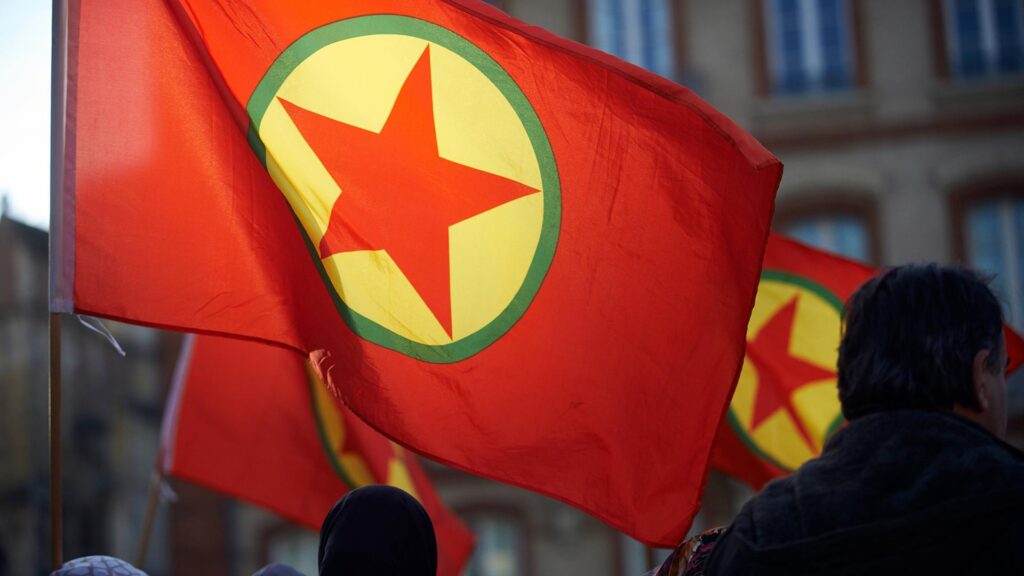Reevaluating the Impact of PKK Disarmament on Iraq’s Political and Security Landscape
In the intricate geopolitical environment of the Middle East, the prospect of disarming the Kurdistan Workers’ Party (PKK) has resurfaced as a critical issue, especially for Iraq’s central government in Baghdad and the Kurdistan Regional Government (KRG) based in Erbil. Recognized as a terrorist organization by Turkey and several other nations, the PKK’s ongoing conflict with Ankara has long influenced regional stability. The potential cessation of its armed activities could significantly alter power dynamics within Iraq, affecting security arrangements, political alliances, and autonomy debates between Baghdad and Erbil. This article delves into how PKK disarmament might reshape these relationships by analyzing historical tensions, current developments, and future possibilities.
How PKK Disarmament Could Reshape Security in Iraqi Kurdistan
The dismantling or disarmament of the PKK would have profound consequences for security across northern Iraq. Historically entrenched in Kurdish-majority territories, this group’s presence has been both a source of conflict and political leverage. Its removal from armed engagement could lead to several outcomes:
- Enhanced Regional Stability: Without ongoing clashes involving PKK forces, Erbil may experience improved conditions conducive to governance reforms and economic progress.
- Shifts in Political Power: Kurdish factions might undergo realignments as new coalitions form to fill any void left by the PKK’s diminished role.
- The Risk of New Conflicts: The absence of one militant actor can sometimes empower others; rival groups or external actors may exploit this transition period to assert influence.
This transformation extends beyond Iraqi borders—neighboring countries are closely watching these developments due to their own strategic interests along shared frontiers. For instance:
| Nation | Likely Reaction |
|---|---|
| Turkey | Might intensify border security operations aiming to curb Kurdish separatism near its frontier. |
| Iran | Could seek greater sway over Kurdish politics within Iraq through diplomatic or proxy means. |
| Syria | Might adjust control strategies over its own Kurdish regions amid shifting power balances caused by changes in Iraqi Kurdistan. |
Navigating Political Responses: Divergent Perspectives from Baghdad and Erbil
The announcement or movement toward disarming the PKK has elicited nuanced reactions from both Baghdad’s federal authorities and Erbil’s regional leadership. Each side views this development through lenses shaped by their distinct priorities:
- Security Priorities: Both governments desire reduced violence but remain cautious about possible escalations triggered by emerging factions filling any power vacuum left behind.
- Bargaining Power Dynamics: The KRG historically leveraged ties with or opposition against groups like the PKK for political negotiation; losing that influence could weaken their position vis-à-vis Baghdad.
-
Sovereignty vs Autonomy Tensions:
Baghdad aims at reinforcing national unity which may clash with Erbil’s ambitions for expanded self-rule.
